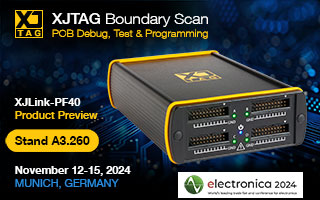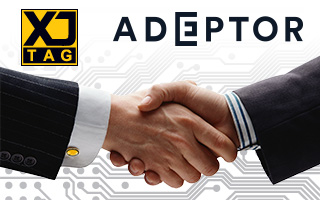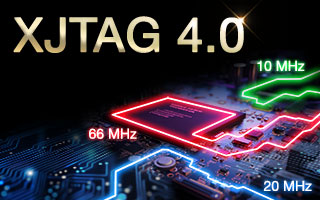The XJTAG boundary scan system is an extremely powerful, versatile and cost effective product which has enabled ARM to improve and speed up the process of debugging and testing its RealView development tools.
Spencer Saunders, Engineering Manager, Platforms, Development Systems – ARM
Read case study



















